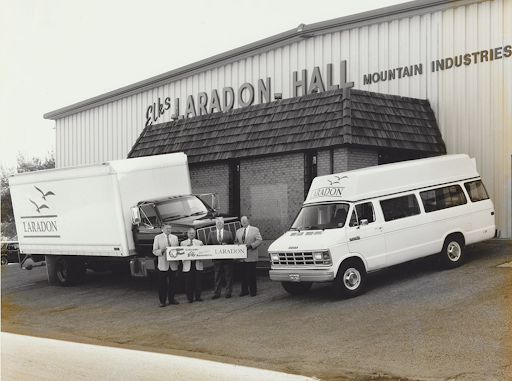Insights
News & Press | Case Studies | White Papers | Blog | Videos | Programs

Data-Driven Insights for the Future of Electric Vehicle Charging Infrastructure
As the global shift toward electrification accelerates, one thing is clear: managing the transition to a mixed-energy fleet isn’t just about buying electric vehicles. It’s about building the right foundation — and that means getting electric vehicle charging infrastructure right from the start.






Sawatch Labs Provides Suitability Assessment for Sound Transit
When Sound Transit, one of our long-time telematics clients, established the goal of reducing GHG emissions and transitioning all energy use to carbon-free sources by 2050, including the introduction of the agency’s first battery electric vehicle (BEV) bus fleet, they turned to Sawatch Labs for assistance.

The University of Wisconsin–Madison Optimizes Charging Station Locations
With strong local roots and a commitment to protecting the environment while providing affordable, reliable energy, Madison Gas and Electric turned to Sawatch Labs to conduct a fleet study at the University of Wisconsin–Madison. The study lasted about six months and focused on monitoring vehicle usage to project charging demand to inform a strategy for placing electric vehicle supply equipment (EVSE).

California Department of Conservation Sees 100% Improvement in Driver Behavior
Choosing a telematics solution can be a long, drawn-out process, particularly for a government agency. The California Department of Conservation faced such a scenario in early 2020.

Sawatch Labs Helps Make Sustainability Goals Possible for City of Seattle
The City of Seattle has an ambitious goal of cutting carbon emissions 50% by 2025 and being completely fossil fuel free by 2030. The city’s fleet leadership chose Sawatch Labs and data from Geotab to help meet their sustainability goals, accurately measure electricity use by the city’s electric vehicles (EVs) and determine which internal combustion engine (ICE) vehicles could be cycled out for EVs.

Municipal Fleet Electrification Brings City of Cincinnati Closer to 2035 Carbon Neutrality Goal
Over the last decade, City staff have been hard at work through the Green Cincinnati Program, aimed at reducing greenhouse gas (GHG) emissions by 84 percent below 2006 levels by 2050. Achieving this target will be no small feat, and the City is identifying several key actions across the built environment, energy, food and water, and transportation sectors.
